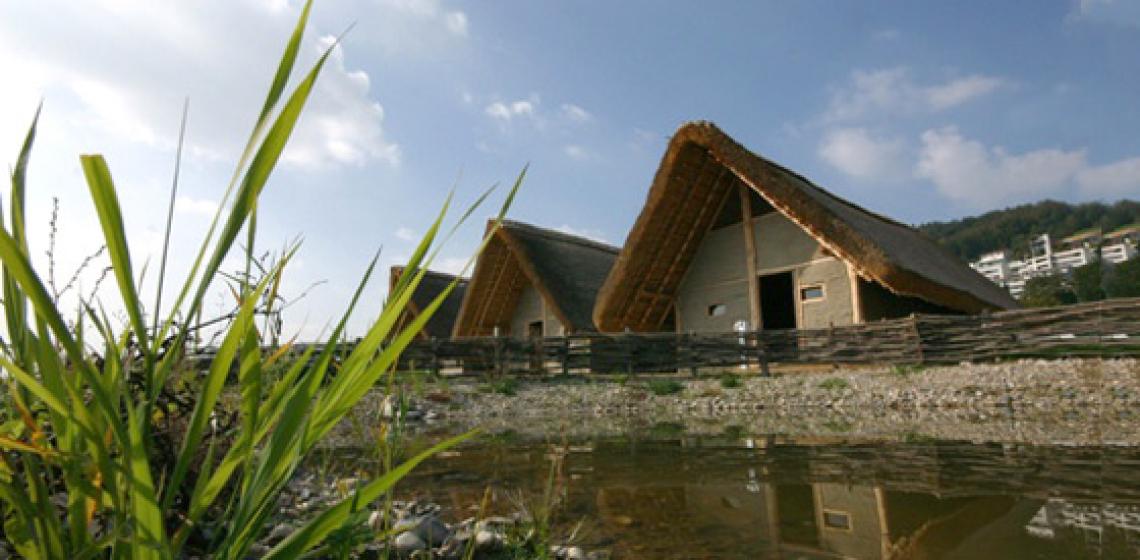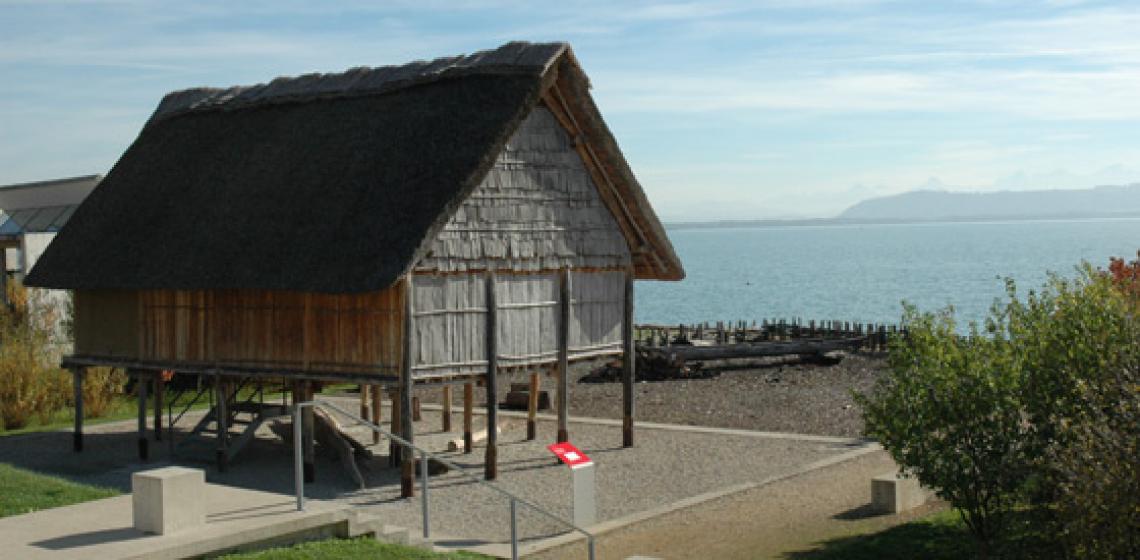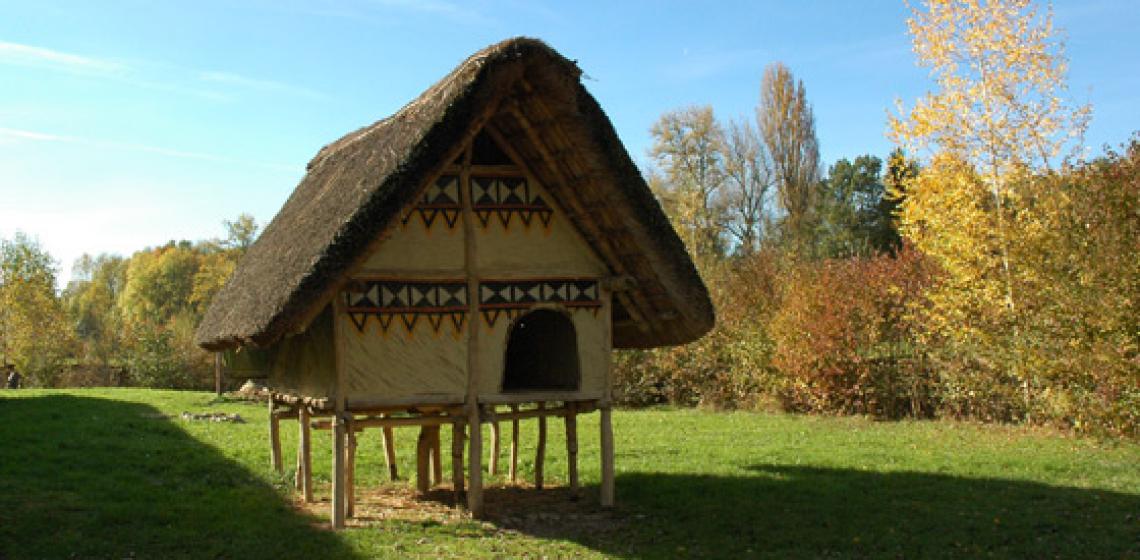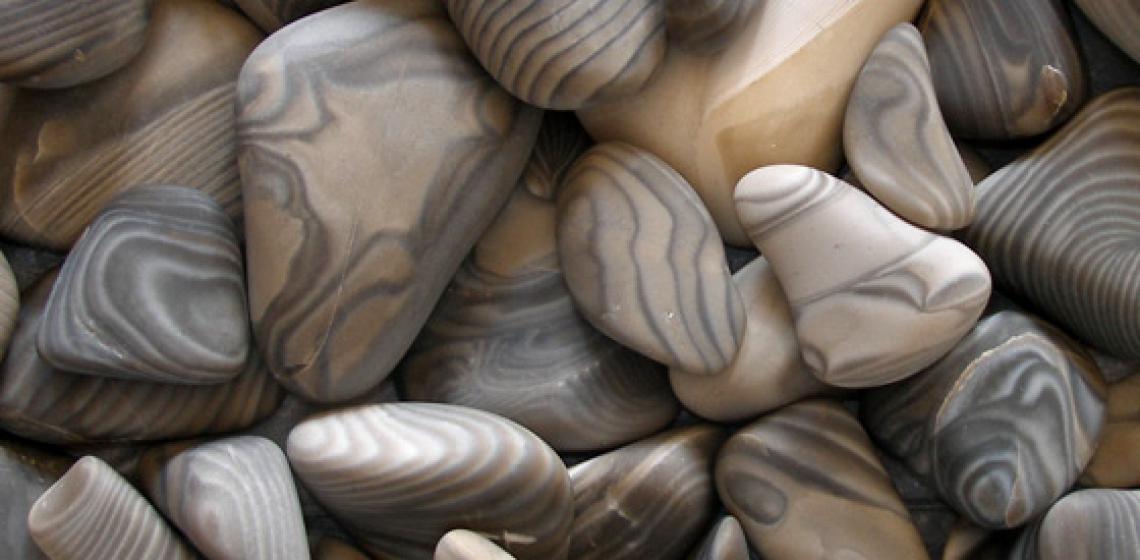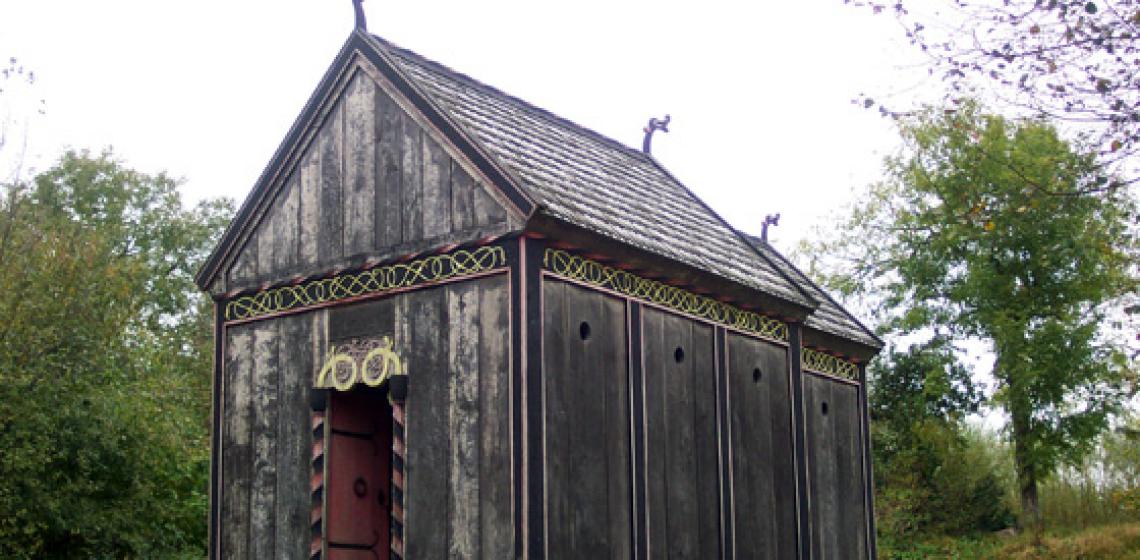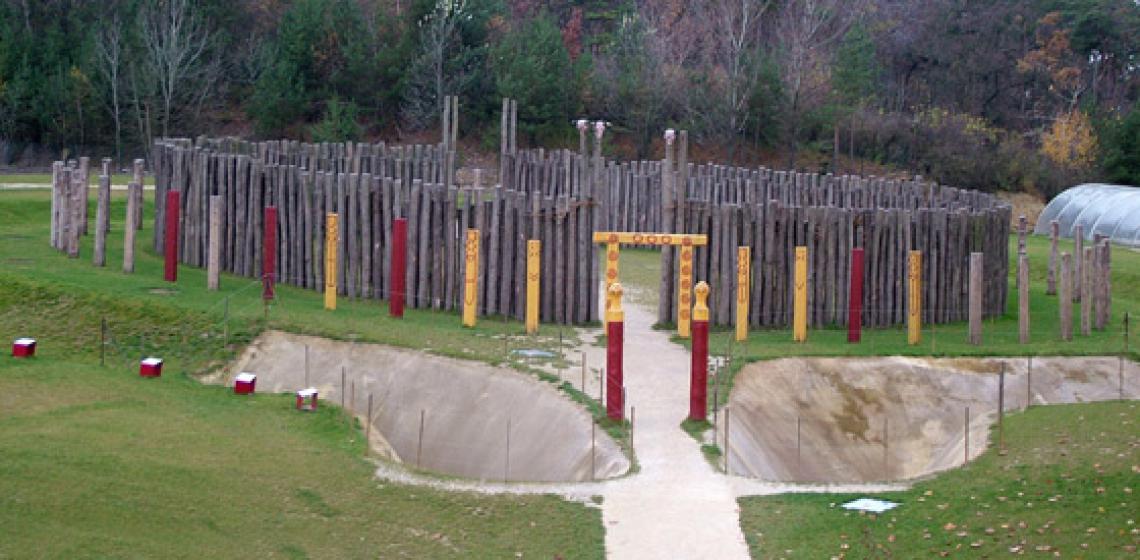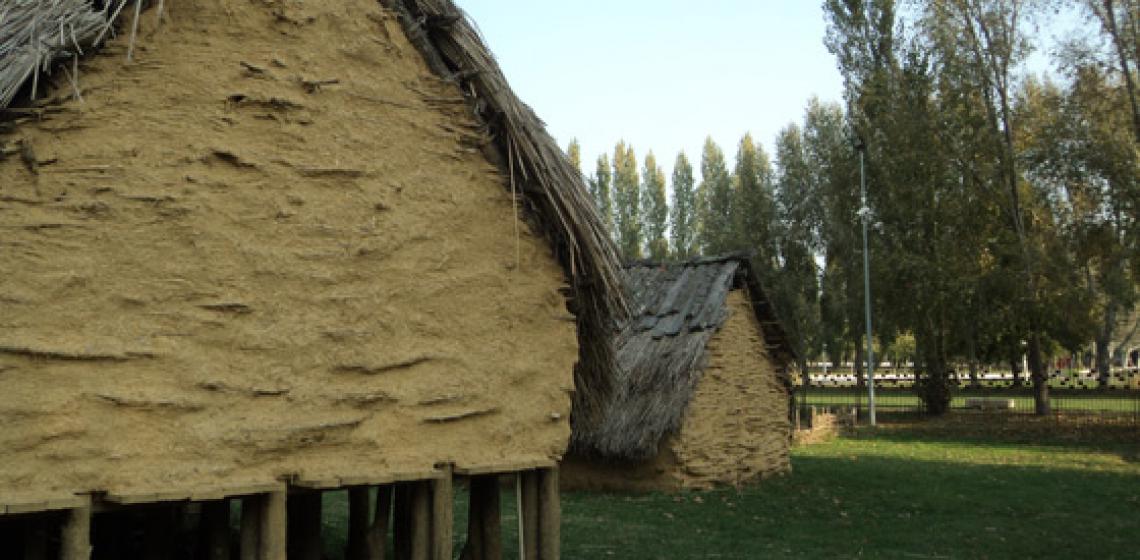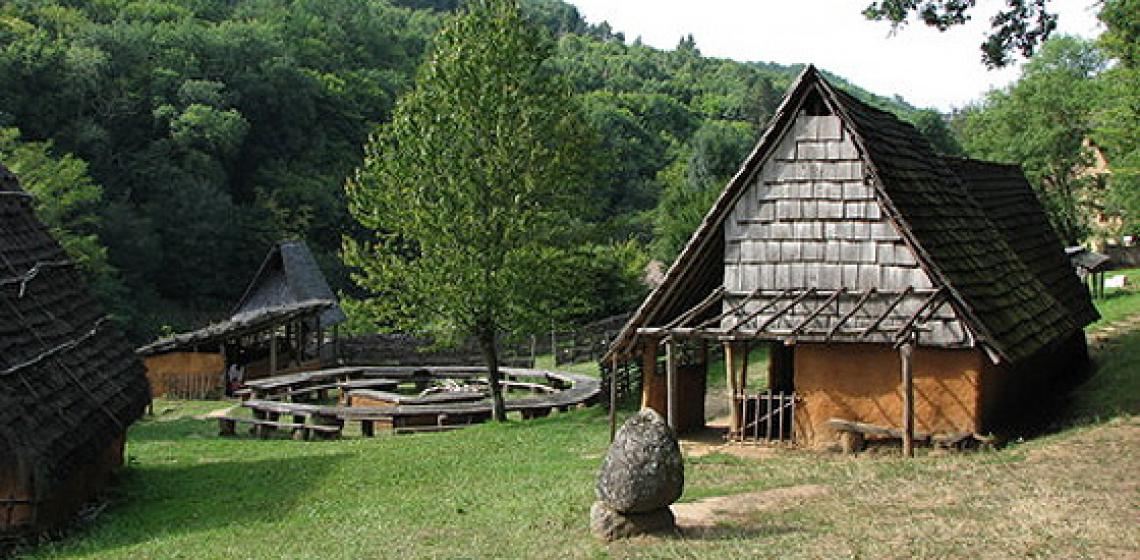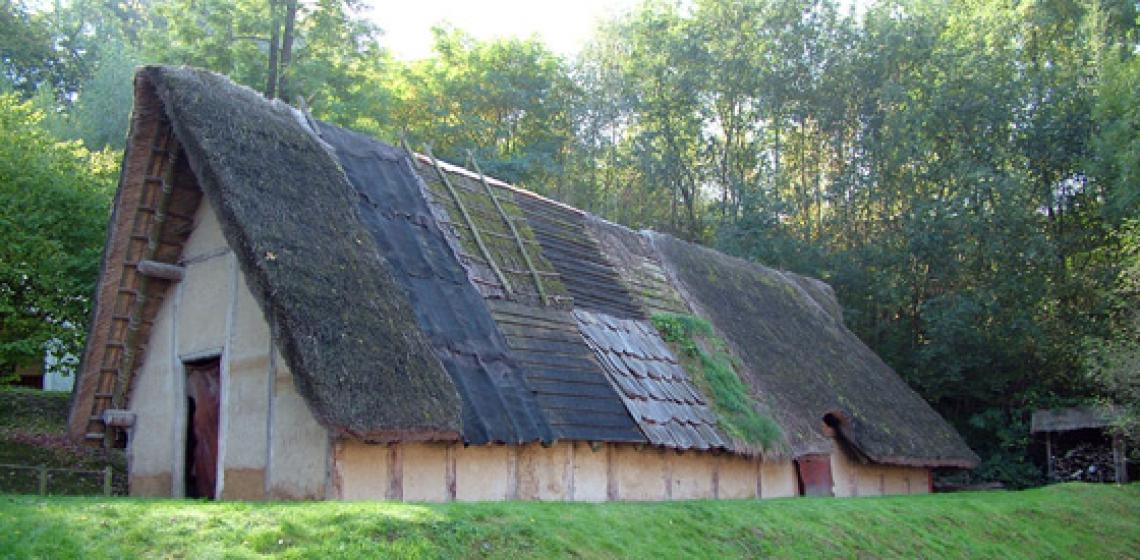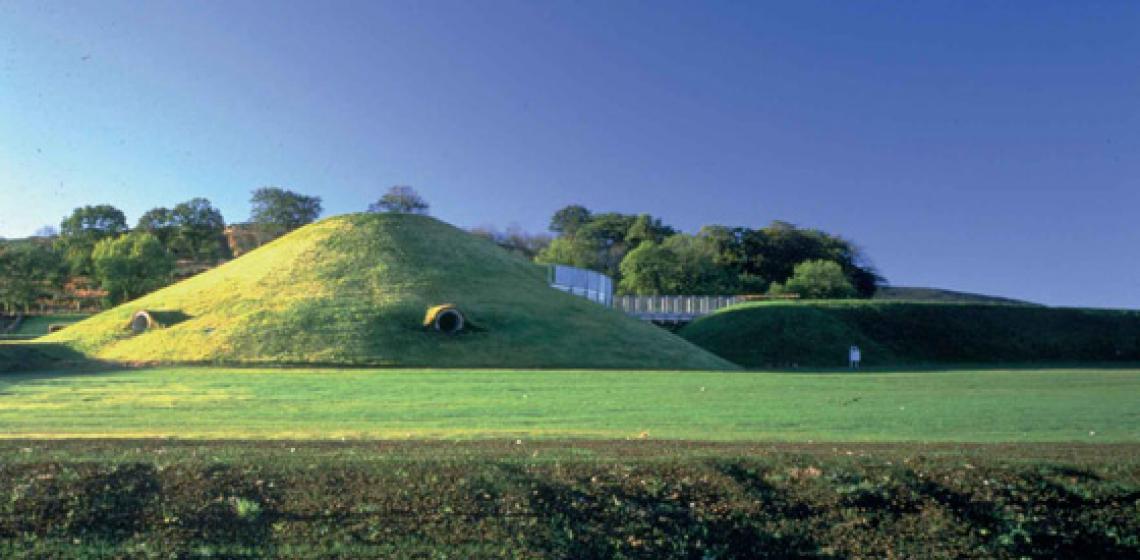Pfahlbausiedlung Wauwil (CH)
The 50th anniversary of „Lions Club Willisau“ in the municipality of Wauwil, near Luzern needed to be marked with a landmark celebration and an interesting and useful project. The village Wauwil counts about 1600 inhabitants. In 2002, at the Wauwiler moor, a bird watch tower was built thanks to a large investment of time and money of the Lions Club.
The 50th anniversary of „Lions Club Willisau“ in the municipality of Wauwil, near Luzern needed to be marked with a landmark celebration and an interesting and useful project. The village Wauwil counts about 1600 inhabitants...

